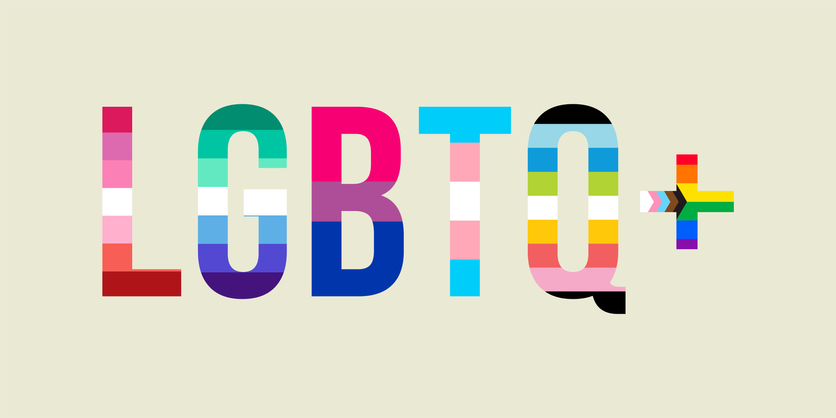The Intersection of LGBTQ+ Mental Health and the Rise of Same-Sex Marriage: Understanding Current Trends and Implications for LGBTQ+ Rights and Society
Understanding Current Trends and Implications for LGBTQ+ Rights and Society
Abstract
The LGBTQ+ community has long faced discrimination, prejudice, and marginalization, which have had significant impacts on their mental health and well-being. Studies have shown that LGBTQ+ individuals are at a higher risk of experiencing mental health disparities compared to their heterosexual and cisgender counterparts (Indian Journal of Psychiatry, 2017; India HIV/AIDS Alliance, 2019). However, in recent years, there have been significant advancements in LGBTQ+ rights and recognition, including the increasing acceptance and legal recognition of same-sex marriage in many countries around the world, including India. These developments have important implications for the mental health and well-being of LGBTQ+ individuals, as marriage is a significant institution that can impact various aspects of an individual's life, including their mental health and relationships.
Downloads
References
2. Journal of Marriage and Family. (2017). Same-sex marriage and mental health: A longitudinal analysis of legalized marriage. DOI: 10.1111/jomf.12420
3. Journal of LGBT Health Research. (2020). The economic benefits of marriage equality for same-sex couples: A systematic review. DOI: 10.1089/lgbt.2019.0196
4. The Lancet Psychiatry. (2016). Same-sex marriage and mental health: A longitudinal analysis of legalized marriage. DOI: 10.1016/S2215-0366(16)30343-1
5. Same-sex marriage, mental health, and substance use: A systematic review. DOI: 10.1080/1550428X.2016.1222128
6. American Psychiatric Association. (2019). Position statement on marriage equality, same-sex parenting, and LGBTQ+ rights. Retrieved from https://www.psychiatry.org/File%20Library/Psychiatrists/Practice/Professional-Topics/LGBTQ/Position-Statements/APA-Position-Statement-Marriage-Equality.pdf
7. Human Rights Campaign. (2023). Global LGBTQ+ rights. Retrieved from https://www.hrc.org/global
8. Pew Research Center. (2021). Support for same-sex marriage grows, even among groups that had been skeptical. Retrieved from https://www.pewresearch.org/fact-tank/2021/06/29/support-for-same-sex-marriage-grows-even-among-groups-that-had-been-skeptical/
9. Supreme Court of the United States. (2015). Obergefell v. Hodges. 576 U.S. 644 (2015).
10. World Health Organization. (2020). Mental health and substance use. Retrieved from https://www.who.int/news-room/fact-sheets/detail/mental-health-strengthening-our-response

Copyright (c) 2024 Author (s). Published by Siddharth Health Research and Social Welfare Society

This work is licensed under a Creative Commons Attribution 4.0 International License.


 OAI - Open Archives Initiative
OAI - Open Archives Initiative


